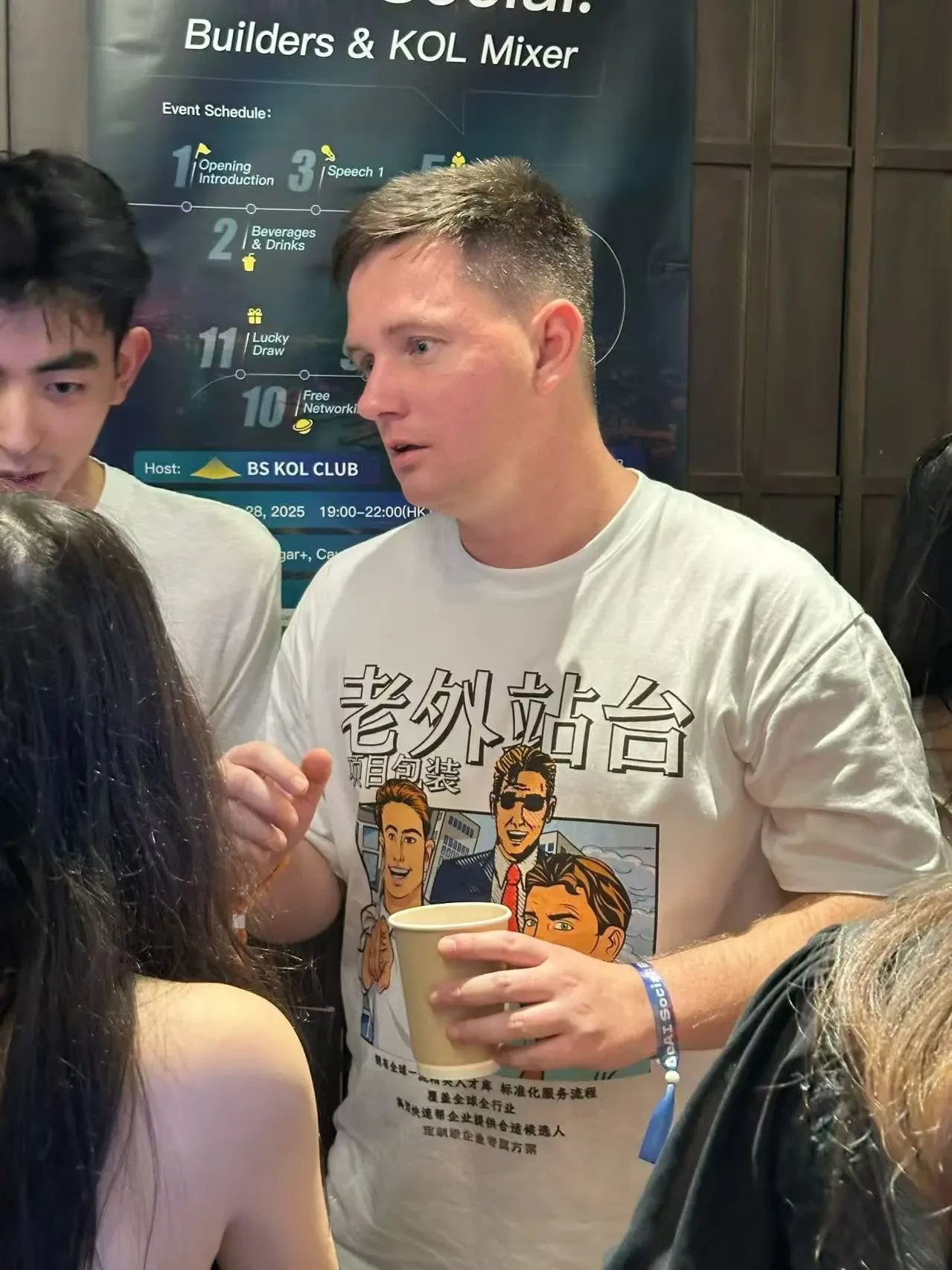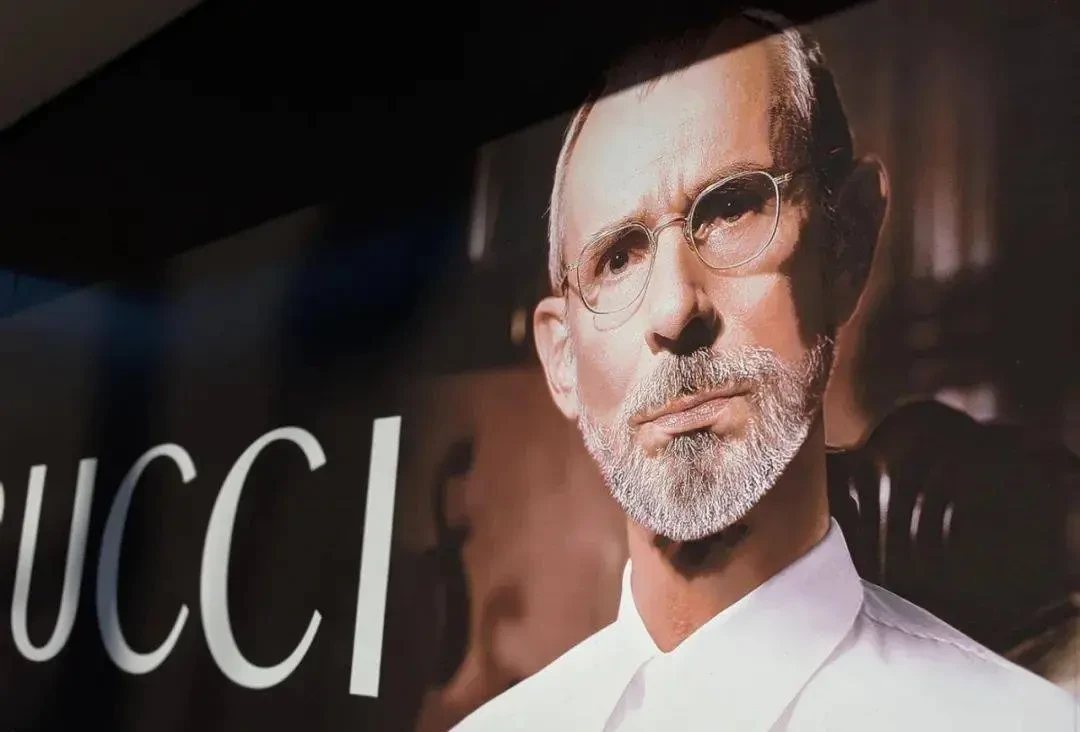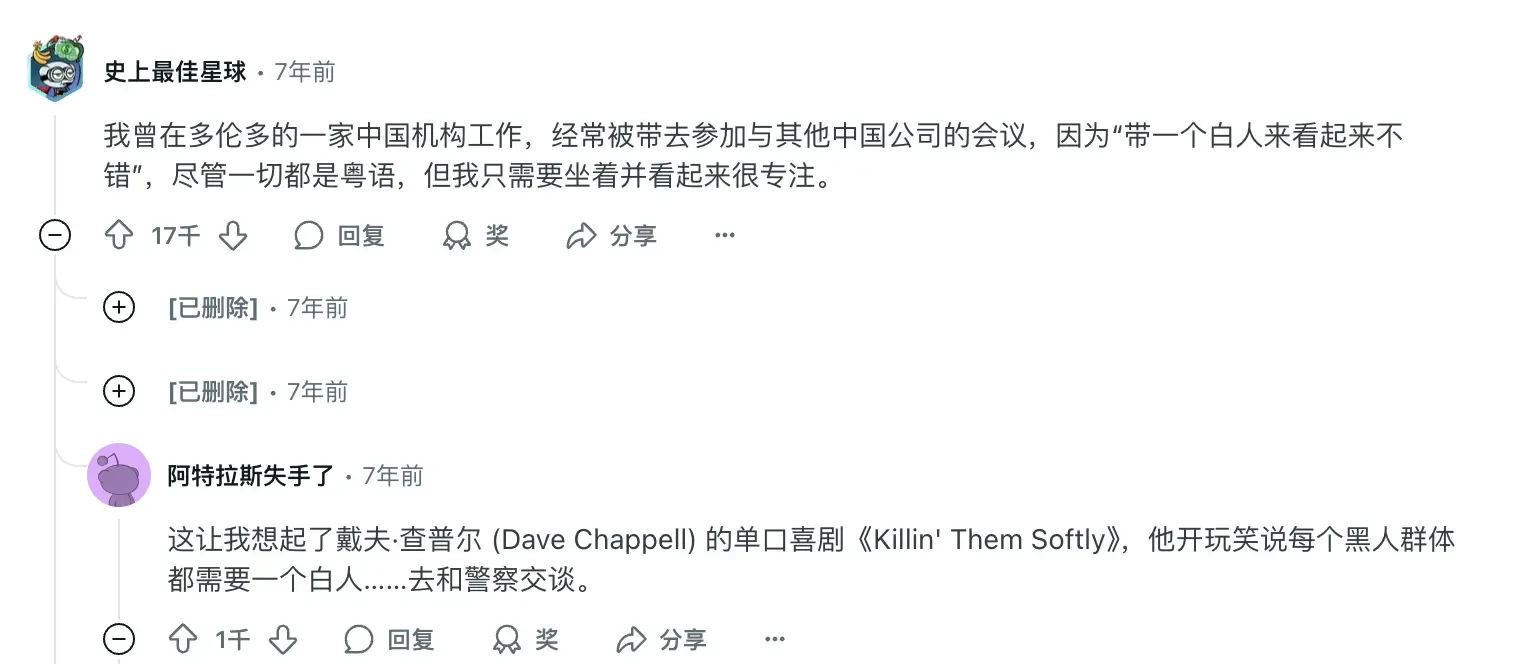Foreigners support the platform, the alternative business of the cryptocurrency circle
During the Bitcoin Asia event in Hong Kong, Binance founder CZ and Trump’s son Eric Trump appeared one after another… This conference should have been only for elites and big names in the cryptocurrency circle.
However, what really stole the show was a white T-shirt with four Chinese characters printed on it: “Laowai Stands on the Platform.”

The person wearing it has a Western face.
As he took a photo with Zhao Changpeng in the crowd, the camera peppered him with questions:
Who is he? And what kind of business is this “foreigner endorsement” business?
Foreigners in the cryptocurrency world
This eye-catching foreigner is named Dane , the founder of the cryptocurrency agency 4 am global.
After graduating from Oxford University with a degree in computer science, a trip led him to China, where he has stayed for thirteen years. In his words, “If I didn’t like it here, I would have gone back long ago.”
Like many Chinese university graduates, Dane was once a migrant worker in Beijing, working as a “foreign slave” in technology and internet companies. His years of living there not only made him fluent in Chinese, but also made him more familiar with Chinese social customs and even became obsessed with TV series such as “The Legend of Zhen Huan” and “The Temptation of Going Home”.
At the end of 2017, ICO ignited the cryptocurrency bull market, and Dane officially entered the Chinese cryptocurrency circle.
The so-called “foreigner platform” is a unique service model in the cryptocurrency world: providing foreign representatives to Chinese blockchain projects to enhance their international image and credibility. In English, this type of service is known as “White Monkey.” But Dane believes it’s far more than just a “white face”; it’s a complete service encompassing international packaging, resource connection, and market communication.
“Many people think we only do ‘foreigner-supported’ packaging, but in fact we are a purely foreign team, and 80% of our clients come from European and American projects,” he said.
This business venture stemmed from his experience personally advocating for a Chinese public blockchain as an overseas BD advisor in 2018. As he delved deeper into the industry, Dane realized that while Chinese projects possessed ample funding, advanced technology, and abundant exchange resources, they lacked international visibility, market acumen, and cross-cultural communication skills.
In addition, domestic regulation of the crypto industry has been tightened for a long time. From the ban on ICOs and the closure of exchanges in 2017 to the complete halt of crypto trading and mining in 2021, many founders are even more reluctant to show up in public, so “finding a foreign expert to speak on their behalf” has become a necessity.
Thus, the “foreigner platform” business emerged. Dane recalls that at a conference in Hong Kong, many Chinese projects approached him seeking his services. “Probably at least 50% of Chinese project parties had this need,” he said. He was even approached by a major exchange to become its CEO.
“I thought it was ridiculous at the time, but after further research I found that this demand is actually reasonable.”
White Monkey
There is nothing new under the sun.
Ten years ago, during the heyday of China’s real estate boom, renting out “Western-looking” properties was already a trend. The New York Times wrote at the time: “Cramming a remote building with foreign faces, even for just one day, is enough to demonstrate the region’s ‘internationalization’.”
De Rucci mattresses, using the face of a British model to spin a story claiming they were “derived from the work of French designer De Rucci in 1868,” have been selling mattresses worth thousands of yuan for tens of thousands of yuan. It wasn’t until the eve of its IPO that the China Securities Regulatory Commission revealed the truth: it was merely a 2009 portrait rights sale agreement, and the alleged French ancestry was completely fabricated.

This type of packaging has a fixed name in the West: White Monkey .
This industry has existed for half a century. As long as you are white, you don’t need almost any skills to appear on the stage, in the office or in advertisements, playing the role of “foreign company executive”, “company spokesperson” or “foreign expert”.
On the Reddit forum, a group of foreigners shared their experiences as White Monkeys in East Asia:


As The Spectator reported in 2022 : “White men and women could even be hired as office staff with no real responsibilities, simply to create a more sophisticated, international atmosphere.”
This “atmosphere economy” is also prevalent in the crypto industry.
During the 2017 ICO bull market, projects needed only a white paper to tell a compelling story and raise funds. Alex’s team not only ghostwrote white papers but also hired foreign actors. “Back then, just hire a white international student to be the CEO at Beijing Foreign Studies University or Beijing Foreign Studies University (Beijing Foreign Studies University) and easily raise tens of thousands of Ethereum,” he still recalls.
There was even a case where a Chinese team hired a white male model from a Shanghai nightclub as CEO. However, the male model turned the tables and seized control of the project in the name of DAO, kicking the original team out. Later, with the help of Middle Eastern capital, the project’s market value once reached as high as US$7 billion.
Not just amateurs.
In 2020, Apple co-founder Steve Wozniak was hired by a Chinese team to issue the cryptocurrency WOZX, which once had a market value of as high as $1 billion. Now its market value is only $1 million, almost zero.

In 2025, former Serbian President Boris Tadic posted on the X platform confirming that he was the CEO of a token foundation. According to people familiar with the matter, the team behind the token is located in Hong Kong.
Argentine President Milley was embroiled in a scandal in February this year for forwarding $LIBRA token promotion on social media. He then urgently distanced himself from the incident. The Economist called it the “first big scandal” of his term.
In Alex’s view, the “foreigner platform” is also constantly iterating and upgrading.
Initially, it was just photos and videos, a trick to fool people. But with the bursting of the ICO bubble, retail investors became less easily gullible, and the platform model entered its 2.0 phase. While the true bosses remained Chinese, CEOs and other senior executives were held by foreigners. These individuals were no longer mere actors; they possessed at least presentation and business development skills, bringing stronger market endorsement. “A blend of Chinese and Western, everyone makes money together.”
As for the reasons, Alex said frankly that the most important one is that regulatory and compliance pressures force founders to remain invisible, and the other is the filter of retail investors.
In China, Japan, and South Korea, people generally believe that European and American appearances signify “internationalization,” while local projects are easily labeled as “Ponzi schemes” or “dog-like” projects. For many projects, lacking a respectable international image means it’s difficult to secure investment from venture capital firms and exchanges, as well as gain recognition from retail investors.
Through this lens, Dane has witnessed many absurd scenarios: During the pandemic, many Ponzi schemes and quack projects would randomly hire a foreign student as CEO, and then tour the country. In the next city, a new “foreigner” would take over.
“It’s ridiculous to have one CEO for each city. If the project has real substance, we should find a foreigner who really has real substance,” he said bluntly.
After truly delving into the business, Dane discovered that “foreign endorsement” is far more than simply hiring a foreigner to take photos. Language barriers, cultural differences, time zone differences, and maintaining relationships… Rather than simply using a profile picture or an endorsement, it requires the ongoing coordination and management of professional intermediaries to achieve so-called internationalization.
Being an agent is not easy
Dane admits that being a “foreign middleman” in the cryptocurrency world is far more challenging than he imagined. Language barriers, cultural differences, and time differences make it difficult for Chinese teams and foreign talent to understand each other directly.
The first step is always “matching needs.” Some projects seek experts familiar with DeFi or RWA, while others require candidates to be based in a certain country or city. Dane constantly has to negotiate between these two requirements. “Some requests are reasonable, while others are outlandish—when there are too many, we really can’t do anything.”
Over the past three years, Dane has traveled to conferences around the world, amassing a vast network of contacts. He finds the right candidates about 80% of the time, but the remaining 20% often end in disappointment. In theory, he could simply act as a “headhunter,” introducing people and then walking away, but in reality, less than 5% of projects succeed. For 95% of projects, intermediaries must also serve as translators, coordinators, and even event organizers.
“If this kind of communication isn’t maintained, conflicts will quickly arise between the two sides, and they may even be unwilling to continue collaborating. Cultural differences are the biggest challenge.”
Beyond matchmaking, maintaining relationships is crucial. Dane regularly chats with European and American talent, opens accounts, and catches up at conferences. “Many European and American professionals aren’t short of money; what really matters is the connection. The core of the foreign platform’s service is to maintain long-term trust.”
However, this business has also led to chaos. Some people are selling “Western talent” earning $3,000 USD/month for tens of thousands, a threefold price difference that leaves Dane shaking his head. “I think they’ll eventually ruin the brand, but there’s no denying there are a lot of them.”
A piece of clothing and four Chinese characters garnered Dane a lot of attention, but also earned him numerous criticisms of being “brutal, direct, and blatant.” As the only person on his team who knew Chinese, his staff couldn’t even grasp the meaning of “laowai zhantai.”
But it’s undeniable that this business, known as White Monkey in English, is in high demand. He even helped a Chinese project secure $5 million in funding. He’s more concerned with gaining market attention than with offensive wording.
Looking ahead, he even plans to expand his business to Web 2 listed companies. “In traditional industries, this demand will only be greater.”
This article is sourced from the internet: Foreigners support the platform, the alternative business of the cryptocurrency circleRecommended Articles
Related: The new landscape of public chains driven by stablecoins and RWA
summary This report will review the growth paths of mainstream public chains and analyze the evolving logic of their “mainstream ranking” by combining two core metrics: TVL and on-chain transaction volume. We believe that as market focus shifts from generalized DeFi applications to more specific, real-world applications like stablecoin payments and RWAs (Real World Assets) , the shortcomings of traditional public chains in performance, interoperability, compliance, and privacy are gradually being exposed. This presents a structural opportunity for the development of a new generation of high-performance public chains designed specifically for these scenarios, such as BenFen. Table of contents 1. Overview of mainstream public chains •1.1 Review of mainstream public chains: Who they are, what are their specialties, and how they have grown •1.2 How does the “mainstream ranking” of…






